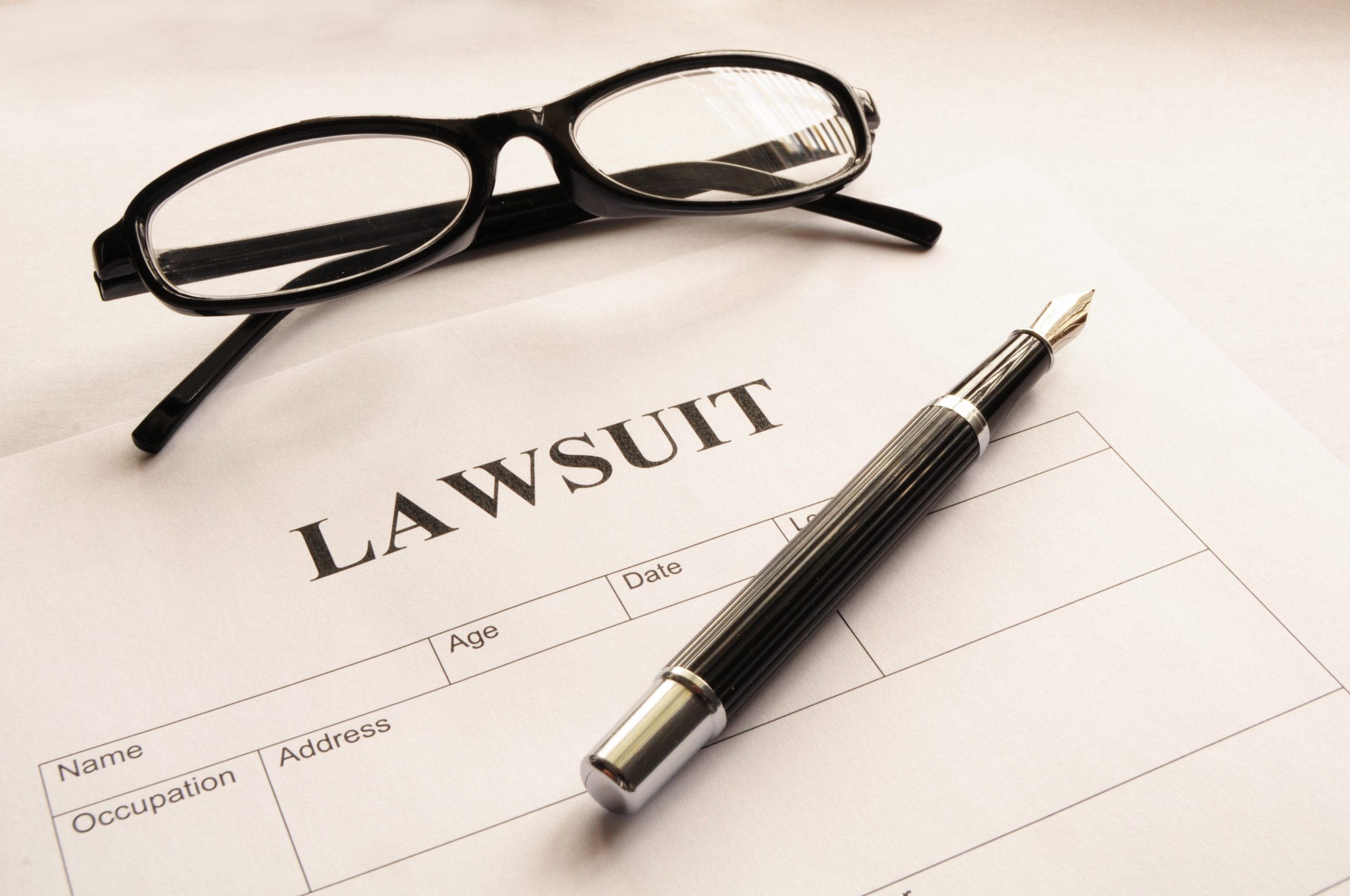“The complaint concludes that Illumina’s assertion of the ’025 patent against Complete Genomics ‘is sham litigation, and constitutes a PRE/Handgards-type antitrust violation’ that has ‘harmed not only Plaintiffs, but the consuming public.’’”
 Complete Genomics, Inc., BGI Americas Corp., and MGI America’s Inc. (Complete Genomics) have filed suit against Illumina, Inc. alleging violation of federal antitrust statutes and California unfair competition laws in the U.S. District Court for the Northern District of California, San Francisco Division. The January 11 complaint contends that Illumina obtained at least three of the patents Illumina has asserted against Complete Genomics in an unlawful, anticompetitive manner. The complaint argues that two of the patents asserted by Illumina are invalid based on fraud on the United States Patent and Trademark Office (USPTO) and that there was no basis for asserting infringement with respect to the third patent.
Complete Genomics, Inc., BGI Americas Corp., and MGI America’s Inc. (Complete Genomics) have filed suit against Illumina, Inc. alleging violation of federal antitrust statutes and California unfair competition laws in the U.S. District Court for the Northern District of California, San Francisco Division. The January 11 complaint contends that Illumina obtained at least three of the patents Illumina has asserted against Complete Genomics in an unlawful, anticompetitive manner. The complaint argues that two of the patents asserted by Illumina are invalid based on fraud on the United States Patent and Trademark Office (USPTO) and that there was no basis for asserting infringement with respect to the third patent.
Fraud on the USPTO
Complete Genomics asserts that U.S. Patent Nos. 7,541,444 (the ’444 patent) and 7,771973 (the ’973 patent) were obtained fraudulently through Illumina’s concealment of a reference, i.e. Kovács, “that its scientists copied and plagiarized, which clearly teaches why one of skill in the art would want to convert 3?-O blocked nucleosides into nucleotides, and taught how to do it.” The complaint notes that Illumina’s actions in obtaining the ‘444 and ‘973 patents, when coupled with its market power, represent a Walker Process-type antitrust violation.
The complaint argues that if the patent examiner had been aware of the Kovács reference then claim 3 of the ‘444 patent would not have been allowed, and further notes that when Kovács was combined with another reference, Zavgorodny, “it provides the motivation and method for converting Zavgorodny’s 3?-O azidomethyl blocked nucleoside into a 3?-O azidomethyl blocked nucleotide by adding three phosphates.”
Similarly, with respect to claim 13 of the ’973 patent, Complete Genomics asserts that Illumina concealed the Kovács reference during prosecution and the ’973 patent was also obtained through Illumina’s “knowing concealment and fraud” on the USPTO.
No Basis for Infringement
Complete Genomics also asserts that Illumina had no “reasonably objective or subjective basis” by which Illumina could assert that Plaintiffs’ CoolMPS sequencing technology infringed the claims of a third patent, U.S. Patent No. 10,480,025 (the ’025 patent). Illumina asserted that CoolMPS infringed certain claims of the ‘025 patent under the doctrine of equivalents because “CoolMPS’s use of an antibody with a fluorescent molecule, which attaches at both the sugar and base of what had been a nucleotide after it is incorporated into and becomes part of a polynucleotide chain, is the equivalent of the claimed nucleotide with a detectable label attached to the base of a nucleotide via a cleavable linker.”
In the complaint, Complete Genomics explains that it was “objectively apparent” to one of ordinary skill in the art that CoolMPS’s antibody and the claimed detectable label were substantially different. In addition, the complaint notes that Illumina made “clear and unequivocal statements” in the specification of the ‘025 patent that “dictate that the CoolMPS antibody comprising a fluorescent molecule, which is attached to both the sugar and base of what had been a nucleotide, after it is incorporated into and becomes part of a polynucleotide chain, cannot infringe claims 1 and 9 of the ’025 patent.”
Thus, the complaint concludes that Illumina’s assertion of the ’025 patent against Plaintiffs “is sham litigation, and constitutes a PRE/Handgards-type antitrust violation” that has “harmed not only Plaintiffs, but the consuming public, who has been forced to pay higher, monopolistic prices for sequencing systems and reagents.”

![[IPWatchdog Logo]](https://ipwatchdog.com/wp-content/themes/IPWatchdog%20-%202023/assets/images/temp/logo-small@2x.png)

![[Advertisement]](https://ipwatchdog.com/wp-content/uploads/2024/04/UnitedLex-May-2-2024-sidebar-700x500-1.jpg)
![[Advertisement]](https://ipwatchdog.com/wp-content/uploads/2024/04/Artificial-Intelligence-2024-REPLAY-sidebar-700x500-corrected.jpg)
![[Advertisement]](https://ipwatchdog.com/wp-content/uploads/2024/04/Patent-Litigation-Masters-2024-sidebar-700x500-1.jpg)

![[Advertisement]](https://ipwatchdog.com/wp-content/uploads/2021/12/WEBINAR-336-x-280-px.png)
![[Advertisement]](https://ipwatchdog.com/wp-content/uploads/2021/12/2021-Patent-Practice-on-Demand-recorded-Feb-2021-336-x-280.jpg)
![[Advertisement]](https://ipwatchdog.com/wp-content/uploads/2021/12/Ad-4-The-Invent-Patent-System™.png)






Join the Discussion
One comment so far.
REGINALD CHATMAN
January 15, 2021 08:32 amSupreme Court please stand up against fraudulent activity it hurts the patents applicants and it hurts the true public citizens let’s turn the page after 7’years